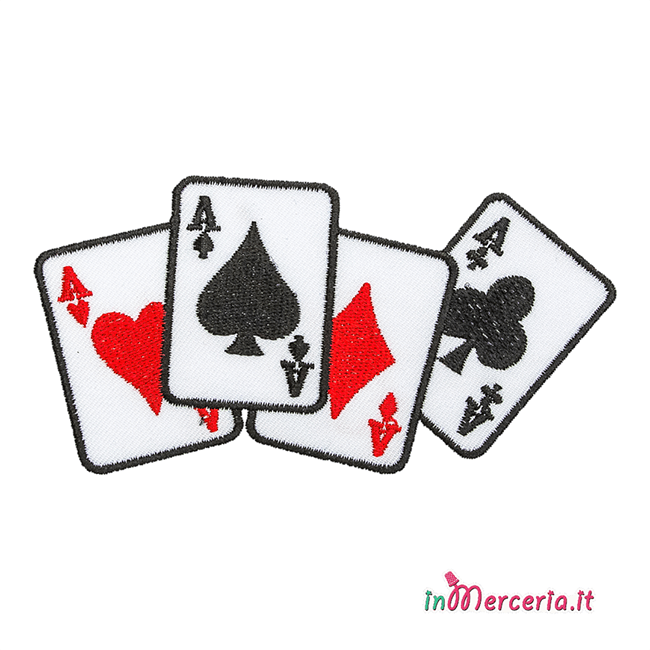
Poker is a card game that requires concentration and focus. It also tests your ability to conceal your emotions as you play. This is important in poker because you cannot let your emotions give away clues to the strength of your cards. Learning to control these emotions will help you become a better player and also benefit your life outside of poker.
The game is played by two or more players who place bets and then reveal their cards. The player with the best five-card hand wins the pot, which is the sum of all bets made during the round. If a player does not have a winning hand, they lose their bet and forfeit the pot. The winner may choose to call or raise in the next betting round.
While luck plays a role in poker, the amount of skill a player has will outweigh their luck in the long run. Therefore, a good poker player will be able to improve their overall game by learning the basics of the game and practicing regularly. In addition, the game of poker can also teach players to manage their risks, which is a valuable life skill.
Developing a poker strategy is an art form that can take years to master. Despite the fact that there are many books on specific poker strategies, it is best to develop your own approach based on detailed self-examination and the experience of playing the game in a variety of situations. Many players also discuss their strategy with others for a more objective view of their strengths and weaknesses.
One of the most important skills a poker player can have is patience. A good player will not try to chase a loss and instead will learn from the experience and move on. This is a valuable life skill that can be applied to many different situations, including work and family.
The game of poker is a complex process that involves many elements, from understanding how to read your opponents to managing your bankroll. It is also important to know how to read the game’s rules and regulations, as well as to understand the psychological factors that influence a person’s decision-making.
To improve your poker game, try raising more often when you have a strong hand. This will force other players to call your raise or fold, which can improve your chances of winning the pot. Also, bluffing can be a great way to make your opponents think you have a strong hand. However, you should only bluff when it is possible to improve your hand with a draw. Otherwise, your bluff will be called and you will lose your money. A bluff should be done in a way that makes your opponents think you have a strong hand, but it should not be over-the-top or too obvious. This will help you avoid losing too much money and build your confidence in the game. In addition, you should always keep track of your bets and how much money you have in the pot to avoid going broke.
